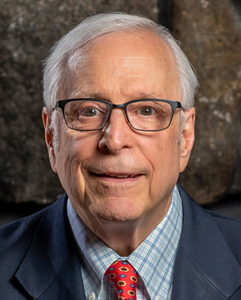Becoming an expert is difficult to do. Conventional wisdom, initially discovered by Anders Ericsson, says it takes 10,000 hours of study to be an authority in a particular topic.
For 18 years, I taught leadership at a superb graduate school in Boston – Brandeis University, located in Waltham, Massachusetts. If I have read one book, I have read 500 of them. I have studied and presented case studies from Harvard University.
I am a subscriber to so many newsletters and articles that many days, I could spend the entire time just reading and assimilating the various viewpoints.
I also try to keep up with the changing business climate and the impact these changes have or will have on current conventional leadership methodologies.
For example, the idea that we have weekly in-person staff meetings has gone by the wayside. Many of our employees, virtually located, put stress on many managers who have a preference to work with employees they can see – remember the days when your boss would walk by to be sure you were working, or vice versa? As a manager under these circumstances, we need to relieve our anxiety and develop a managing cadence that produces the wanted results.
In this day and age, we can never stop discovering new ideas, whether we are acquiring a specific skill, experiencing a change in the way we do activities, or extending our knowledge. Over time, we become known as a subject matter expert.
Leadership is such a broad topic and has so many distinctions. Leading has to do with understanding human emotions – often these can be unpredictable.
The characteristic I like most about studying leadership is learning about high-performance leaders. More on this in another writing – it is fascinating, and my mind is boggling over what I am learning.
Now ask yourself
Am I a leader?

